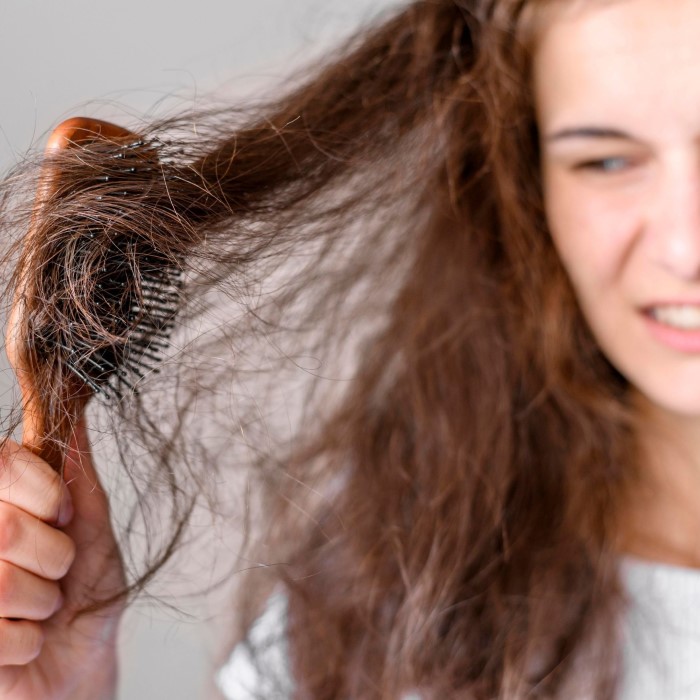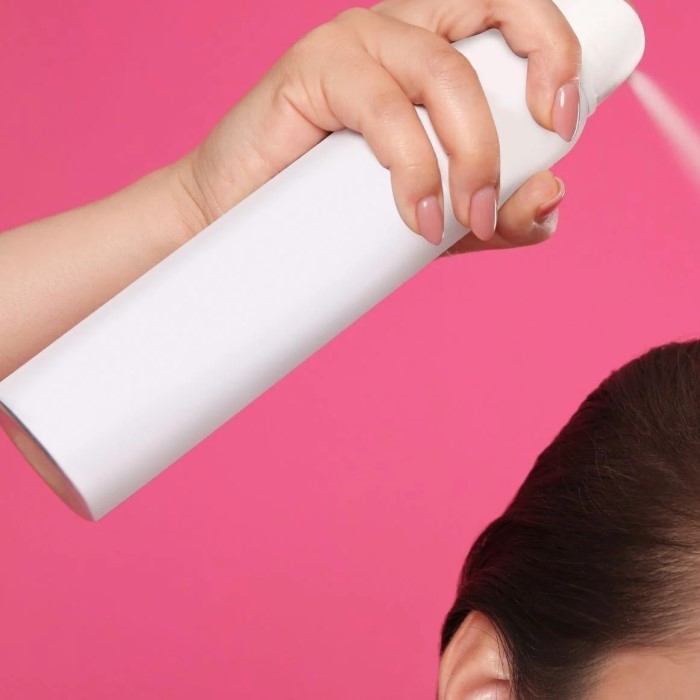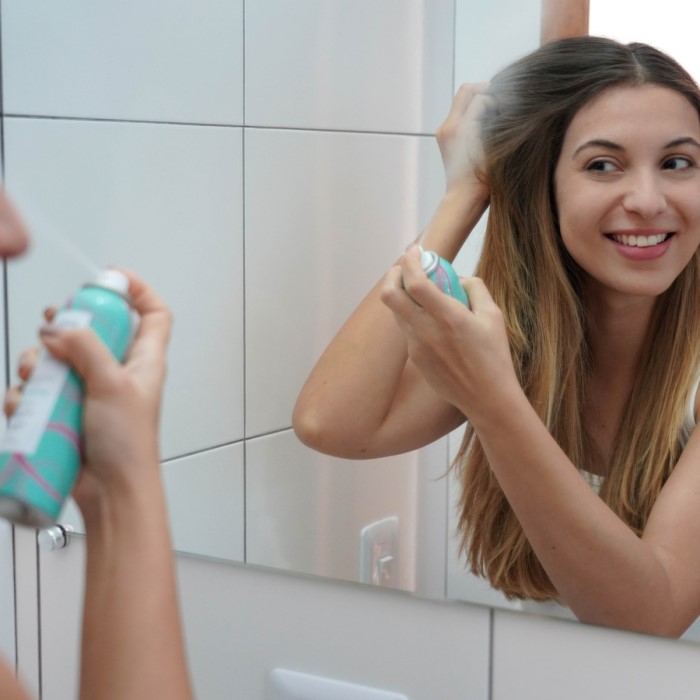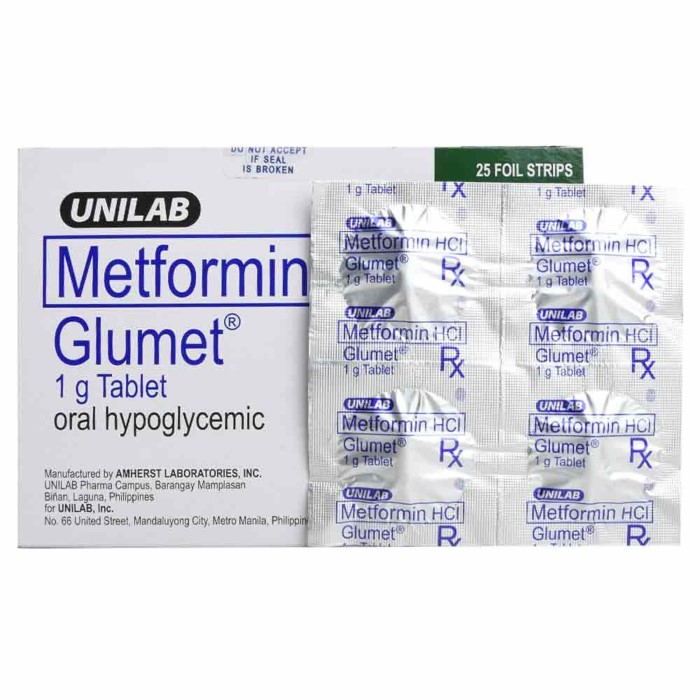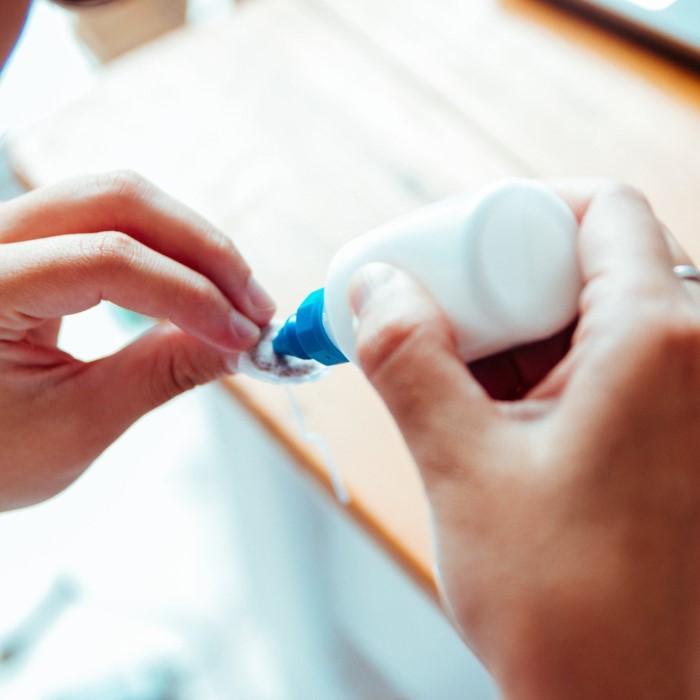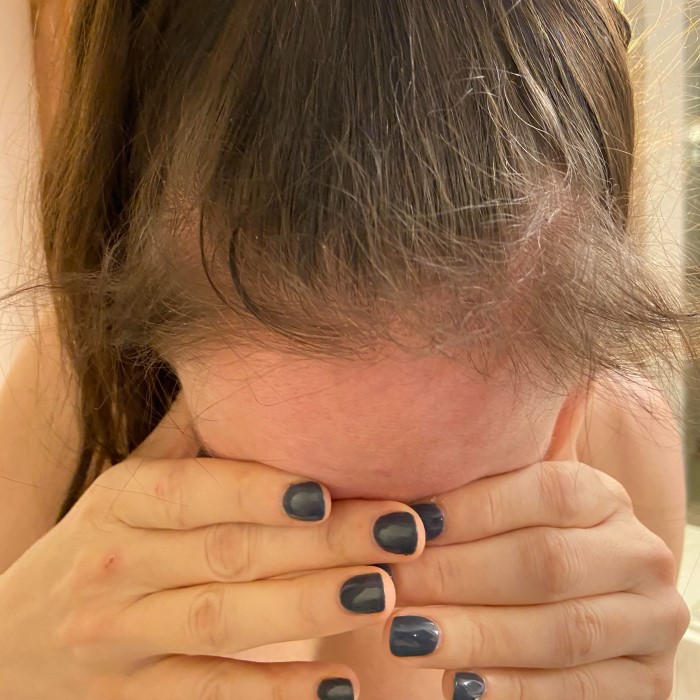
Can Dry Shampoo Cause Hair Loss? Debunking the Myths Today
Introduction: The Popularity of Dry Shampoo
Dry shampoo has become increasingly popular in today’s fast-paced world. It offers convenience for individuals seeking to refresh their hair without a full wash. This is especially valuable for those with busy lifestyles or those who exercise frequently. However, this convenience raises an important question among users: can dry shampoo cause hair loss? It is vital to delve into this issue, as many misconceptions surround dry shampoo’s effects on hair health. In this article, we will explore the truth behind dry shampoo, discuss its proper usage, and address potential concerns regarding hair loss.
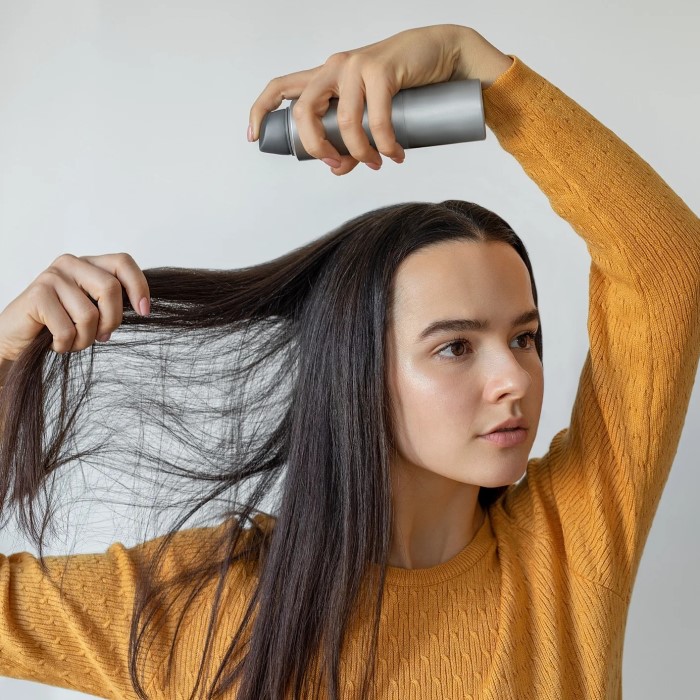
Understanding Dry Shampoo: What Is It?
Can dry shampoo cause hair loss? Before examining whether dry shampoo can cause hair loss, it’s essential to understand what it is and how it works. Dry shampoo is a powder or aerosol spray formulated to absorb excess oil from the scalp. Its primary ingredients usually include starches, powders, and optional fragrances or essential oils. When sprayed onto the roots, it binds to the oil, making hair appear fresher. This allows users to extend the time between washes while maintaining a cleaner appearance.
However, the ease of using dry shampoo can lead to overreliance. Many individuals find themselves skipping regular washing days, thinking that dry shampoo completely replaces them. This reliance can develop into questions about scalp health and even hair loss.
The Myths Behind Dry Shampoo and Hair Loss
One of the significant concerns among users is whether prolonged dry shampoo usage contributes to hair loss. Several myths exist, creating confusion. Here are a few common misconceptions:
Myth 1: Dry Shampoo Alone Causes Hair Loss
- Common Misconception: Many individuals believe that using dry shampoo will directly lead to hair loss. This belief implies a simple, direct correlation between the two.
- Complexity of Hair Loss: In reality, hair loss is a multifaceted issue influenced by various factors. Key contributors include genetics, hormonal changes, diet, and environmental stressors such as pollution and heat damage.
- Role of Dry Shampoo: While dry shampoo is a convenient product, it does not inherently cause hair to fall out. Its purpose is to absorb excess oil and refresh hair between washes. Therefore, it is misleading to link its use directly to hair loss.
- Improper Usage Consequences: Although dry shampoo itself is not the cause, improper usage can lead to problems. For instance, if used excessively or without proper cleansing, it can lead to product buildup on the scalp. This buildup can potentially clog hair follicles, which might hinder hair growth and lead to thicker problems over time. Thus, moderation is key.
Myth 2: Using Dry Shampoo Means You Don’t Need to Wash Your Hair
- Misunderstanding the Purpose: A prevalent belief among some users is that dry shampoo can completely substitute traditional hair washing. They might think it makes regular shampooing unnecessary.
- Functionality of Dry Shampoo: While dry shampoo is excellent at absorbing oil and giving hair a fresher appearance, it does not actually cleanse the scalp or remove dirt and buildup from the hair. It is primarily a cosmetic product meant for convenience.
- Importance of Regular Washing: Regularly washing hair with traditional shampoo is essential for maintaining proper scalp hygiene. It helps remove product buildup, dead skin cells, and excess oils that accumulate over time. Neglecting this routine can lead to an unhealthy scalp environment, which may eventually affect hair health.
- Consequences of Skipping Washes: Continuously relying on dry shampoo without proper washing can lead to scalp irritation, dandruff, and uneven hair texture. Regular cleansings, at least a few times a week, are vital to keep both scalp and hair in optimal condition.
Myth 3: All Dry Shampoos Are Bad for Your Hair
- Generalization of Product Quality: Many consumers assume that all dry shampoos are detrimental to hair health. This broad assumption can lead them to avoid these products altogether out of fear.
- Variety in Formulations: In reality, not all dry shampoos are created equal. There is a wide range of formulations available that cater to different hair types and needs. Some products are specifically designed to be gentle and nourishing for the hair and scalp.
- Selecting Quality Products: It is crucial for consumers to read product labels carefully. Choosing a dry shampoo that is free from harsh chemicals, sulfates, and parabens is essential. Ingredients matter significantly in determining how a product affects hair health.
- Benefits of the Right Choice: When selected wisely, dry shampoos can provide benefits without compromising hair integrity. Formulations containing natural ingredients can add volume and manageability without the drawbacks associated with lower-quality options.
The Impact of Product Buildup
Using dry shampoo frequently without cleaning your hair can lead to significant product buildup. This buildup can clog hair follicles, potentially hindering hair growth. A healthy scalp is crucial for strong hair; if the scalp is constantly coated with product and oil, it can lead to inflammation or even dandruff.
When hair follicles become clogged, the hair may not grow as effectively. Consequently, it may lead to weaker strands that are more prone to breakage. Properly addressing product buildup includes regular washing and scalp exfoliation. Incorporating these practices helps maintain optimal scalp health.
How to Use Dry Shampoo Properly
To harness the benefits of dry shampoo without experiencing negative effects, follow these guidelines for proper usage:
- Limit Use: Consider how often you use dry shampoo. Instead of relying on it daily, use it for special occasions or on days when time is of the essence. Reducing usage allows your scalp to remain clean and healthy.
- Application Technique: When using dry shampoo, hold the canister approximately 6-8 inches from your scalp. Part your hair and spray directly onto the roots, targeting areas that feel greasy. This technique promotes even distribution.
- Massage the Scalp: Once applied, lightly massage your scalp. This helps distribute the product and ensures it absorbs oil effectively. It may also stimulate blood circulation, promoting healthier hair growth.
- Invest in a Good Cleanser: To prevent buildup, choose a quality shampoo free from harsh ingredients. Look for clarifying shampoos once or twice a month to deeply cleanse the scalp.
Signs of Hair Thinning
Being aware of signs of hair thinning is essential, especially for those who frequently use dry shampoo. Some early signs include:
- Increased Hair Fall: Noticeable hair strands on pillows or during showers can indicate thinning hair. It’s essential to monitor how much hair is shedding.
- Widening Part: A wider part or thinning crown may become evident, suggesting a loss of density. Regularly check in mirrors for these changes.
- Change in Hair Texture: If your hair feels different or appears dull and lifeless, it may indicate underlying issues related to hair health.
Detecting these signs early allows you to take action. If you believe your hair is thinning, consulting a dermatologist or trichologist can help determine the underlying cause.
How to Reverse Hair Thinning from Dry Shampoo
If you’ve noticed that your hair is thinning, here are effective strategies to reverse the effects of dry shampoo abuse:
- Cut Back on Usage: If you relied heavily on dry shampoo, start to reduce its use. Begin a routine that incorporates washing your hair more frequently with a gentle cleanser.
- Use Nourishing Treatments: Apply scalp treatments or oils rich in essential fatty acids to revitalize your scalp. Ingredients like peppermint oil or tea tree oil can enhance circulation and promote hair growth.
- Adopt a Balanced Diet: Ensure your diet is rich in vitamins and minerals vital for hair health. Foods containing omega-3 fatty acids, biotin, and antioxidants contribute to stronger hair.
- Stay Hydrated: Drink adequate water daily. Hydration promotes overall health and can benefit your hair follicles.
- Consider Supplements: In addition to a balanced diet, consider hair growth supplements containing essential vitamins and minerals. These can provide added support for hair health and regrowth.
What Are the Big 3 for Thinning Hair?
When addressing thinning hair, the following three solutions are widely recognized:
- Minoxidil: This topical solution is FDA-approved for promoting hair growth. Used regularly, minoxidil can help increase hair density and slow the loss of hair.
- Biotin: Biotin is known for its role in keratin production, essential for hair health. Including biotin supplements or biotin-rich foods can strengthen hair.
- Ketoconazole: Used primarily in anti-dandruff shampoos, ketoconazole has antifungal properties that can improve scalp health and support hair growth.
What Is the Number One Shampoo That Causes Hair Loss?
Certain shampoos are known for their ingredients that may contribute to hair loss. Primarily, shampoos containing sulfates or harsh chemicals can strip natural oils, leading to dryness and breakage.
It is advisable to select shampoos labeled sulfate-free. Gentle, organic hair cleansers can help maintain moisture balance and protect against damage. Avoid products with harmful additives, focusing instead on natural and nourishing formulations to maintain hair integrity.
Conclusion
In summary, the question of can dry shampoo cause hair loss is nuanced and complex. While dry shampoo has its benefits, excessive or improper use can lead to issues like product buildup and potential hair thinning. Understanding how to use dry shampoo effectively, addressing buildup, and adopting proper scalp care are essential steps toward maintaining healthy hair.
By remaining informed and adjusting your hair care routine accordingly, you can enjoy the convenience of dry shampoo while ensuring your hair stays vibrant and strong. Remember, a healthy scalp is the foundation of great hair, so prioritize scalp health as you navigate your hair care choices.
